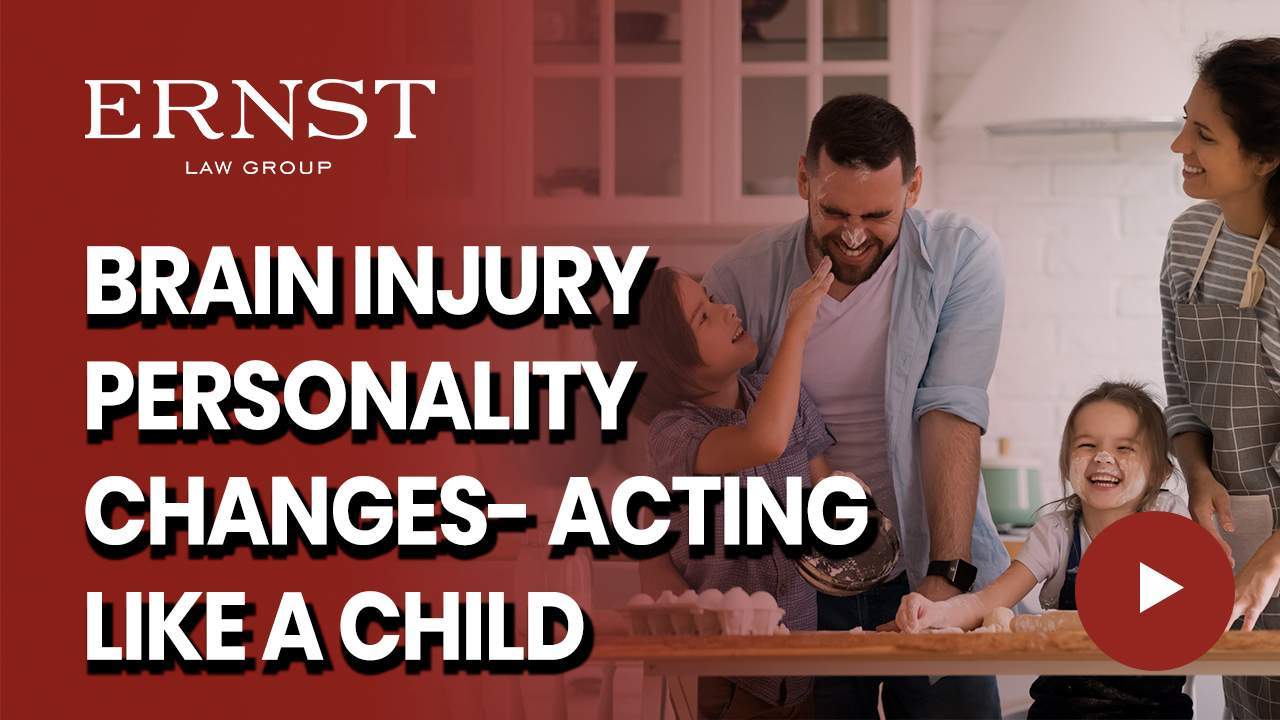Transcript:
I’m Taylor Ernst at the Ernst Law Group, and I wanted to answer a question that was privately given to us from our Facebook group. it was, “What is the number one time waster that caretakers of TBI victims have to deal with?” Really what it is, is conversations that happen again and again, where I know this isn’t what they mean to do, but it ends up blaming the victim of the TBI. For example, when the TBI victim forgets something, which a lot of the time they will, they say, “How could you forget that? Didn’t you know we needed your keys? Didn’t we know you needed to bring that item? Why didn’t we put it in the place we always did?
All that conversation does is reinforce with the victim that they made a mistake and the victim obviously didn’t mean to do it. It’s something that, it really is a time-wasting conversation. Don’t have that conversation. You want to figure out how to avoid the blame of the victim of the TBI directly. How can you have a conversation with somebody after they do something that obviously makes you unhappy, or you needed them to bring something, or you were counting on them to be somewhere at a certain time and they forget?
The question you want to ask is, ” What was it about this situation that led you to not remember this thing and how can we address it next time?” The reason for that is, it’s constructive. It’s how can me and the victim of the traumatic brain injury be on the same page and move towards not having it happen a second time, rather than, “How could you forget it? I knew I told you five times. I told you yesterday. We had the conversation five minutes ago.” That does nothing except make the TBI victim A, feel bad, and B, there wasn’t anything they really could do about it. They didn’t mean to do it. Obviously, no one wants to forget anything and it still happens anyway.
That was the answer that I wanted to provide to the community because we had one client that it caused chronic problems between their relationship, where he forgot stuff all the time and she always was angry about it. As soon as they started this more constructive approach, their entire relationship dynamic changed, and it really improved the quality of their lives.








